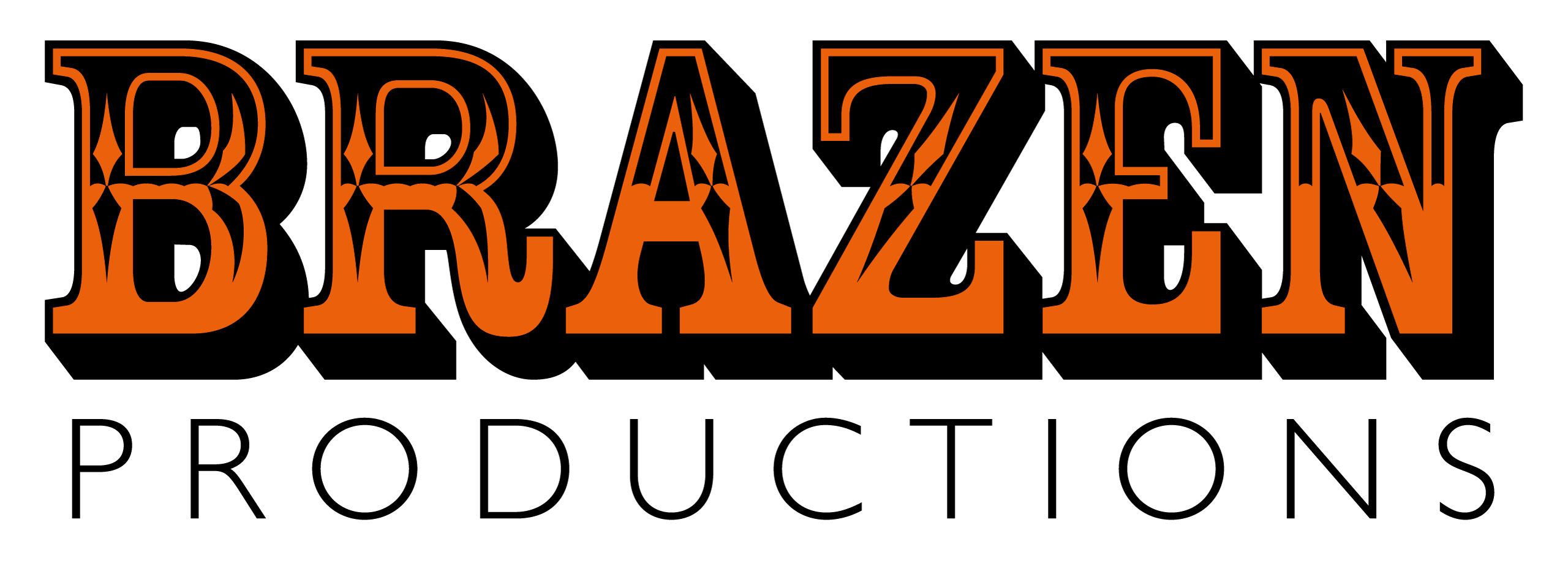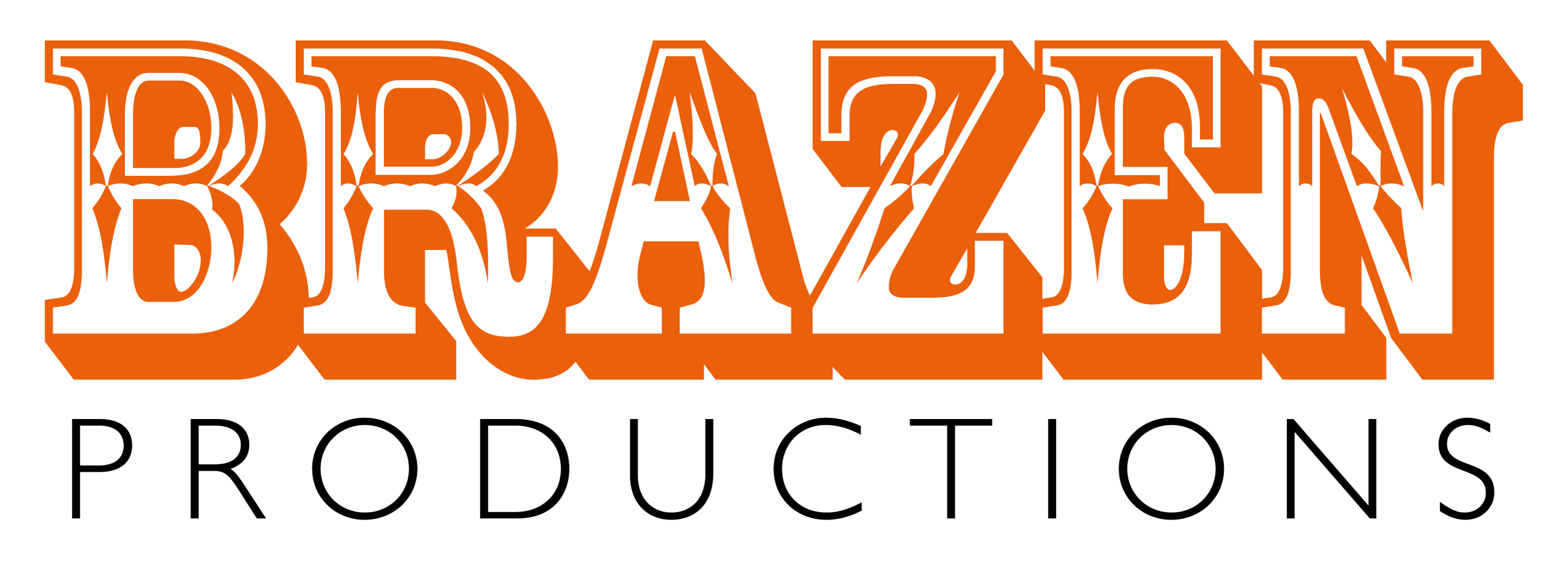resources are being tidied up a bit but we are still leaving them here for you.
'how can I employ and work inclusively?'
scroll down for resources
Northern Screen Alliance presentation here
Inclusion and accessibility are not complicated and don't have to be costly. In fact the opposite - with people as the greatest resource in our industries the better you support your employees, cast and crew the better they can and will work. Simple.
Don't make inclusion a tick box or add on. Build it into your ethos and planning. Have it shape the way you work and integrate it to make it sustainable.
Start with the 5 As. Apply this to the whole production process. From idea to transmission. Apply them to everyone in your teams because inclusion isn't about silos!
The 5 As
ANTICIPATE
ASK
ASSESS
ADJUST
ADVOCATE
read more here
resources from us to you
The Brazen team have created these free templates for people to use for their projects, to help improve accessibility and inclusion. You may download and adapt any of these templates under the Creative Commons 4.0 Licence (which means you must make your version available for others to adapt, and credit the origin as Brazen).
This is a non-exhaustive list: if there are templates you feel are missing that would be useful to improving inclusion and accessibility on your project, get in touch.
Thank you to Harriet Wadsworth, Jess Mabel Jones and Annie Grace for contributing to these free resources.
Below is a list of the templates available, as well as a short description about what the document is used for.
What is an access coordinator? click here
Ralph & Katie 'working inclusively' video (3 mins)
Adjustment and Access Passport Template
An adjustment and access passport helps people to make sure their needs are met across the production process. It is for anybody to use: you can write down information that you want to share about your disability, physical or mental health, or personal circumstances you think your Line Manager should know about.
Download the Adjustment and Access Passport template as a pdf here
Production Paperwork and Glossary
An excel document that explain the words used on a production: what a unit list is and the different types of production paperwork you might come across. This is a working documents that will be continuously updated.If you think there is something missing please contact us. Note there is more than one tab of info in the excel document.
Use this document to show what someone should expect in the pre-production stages of a television shoot.
Download the What Happens During Prep guide here.
Easy Read Pre-Production Schedule
Pre-production happens before a film or television shoot takes place at a studio or on location. It is when all of the plans are made to make sure the shoot goes smoothly. This is an easy read schedule that helps everyone understand what to expect, and when, during pre-production.
Download the Easy Read Prep Weekly Schedule template here.
Easy Read Artist Itinerary
This is a document that shows artists what to expect, and when. It includes things like a photo of their driver, reminders of things to bring with them, and the times to expect to start and end their day.
Download the Easy Read Artist Itinerary template here.
Easy Read Call Sheet
A call sheet is something that is sent out every night before filming, to all cast and crew needed the next day. It contains everything they need to know about the day, such as when they need to arrive and where the filming will happen.
Download the Easy Read Call Sheet here.
A Guide to the Unit Base
A unit base is where a television or film shoot takes place. It is usually near to the set. It includes things like offices, toilets, dressing rooms and hair and makeup trailers. This document will show you what to expect at the unit base and how to make an easy to read map.
Download the Guide to a Unit Base here.
Easy Read Day 1 of Production
This document helps to introduce what people should expect when they start production on a project. It also sets out the expectations others will have of them, such as wearing a name badge every day.
Other fantastic industry resources
a bunch of organisations and groups we work with, respect and want to share with you.
Guidelines for Inclusive Writers' rooms
Empowering everyone to monitor and prevent bullying, harassment and all forms of discrimination in the workplace
We are a social enterprise providing access to creative industry jobs at all levels and career-long support for people from communities under-represented in terms of ethnicity, disability and social background. We do this in partnership with over 750 employers across the creative economy.
Deaf and Disabled People in TV
Deaf & Disabled People in TV is an online forum for Deaf, Disabled and Neurodivergent people to network, receive peer to peer support and view prospective jobs with access information. The group is only open to Deaf, Disabled and Neurodivergent people that work in the media industry.
The Disabled Artists Networking Community (DANC) is a community of just under a thousand people, the great majority of whom are disabled artists working in TV and the arts. DANC works with and brings together professional disabled artists and key decision/change makers in the industry to take a solution-focussed approach. Our members cover the full spectrum from early-career to fully established artists.
The Mark Milsome Foundation is inspired by the achievements, character and unique nature of our respected friend and colleague, Mark Milsome, who was killed whilst filming a car stunt in Ghana 18th November 2017.
Take the Mark Milsome Film & TV Online Safety Passport – it costs just £20 and takes 90 minutes to complete.
Screenskills has some really great free e-learning modules



